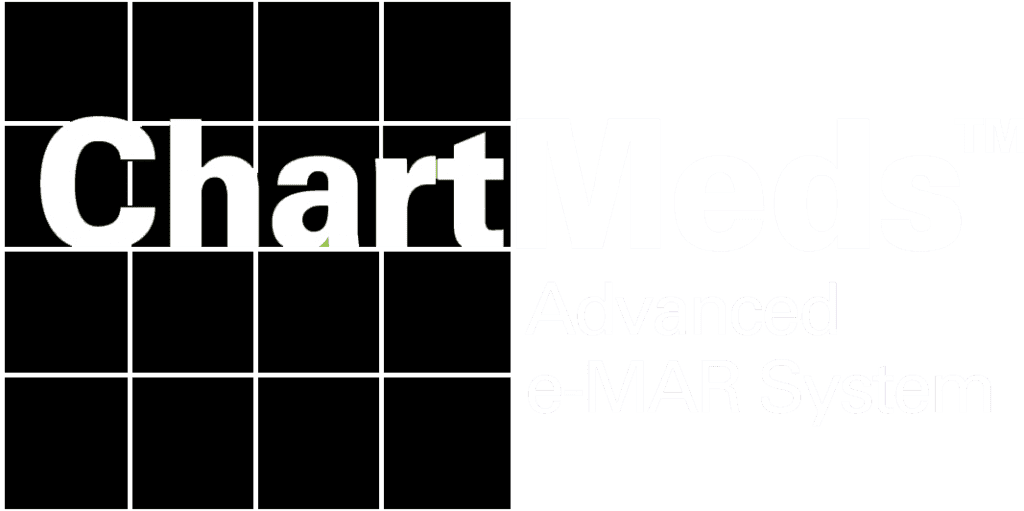Complete integrative care addresses a patient’s entire scope of healthcare concerns and solutions. Rather than working on specific issues in isolation, integrative care emphasizes preventive care, cooperation among providers, and the interrelatedness of wellness factors.
The rise of electronic health record (EHR) software, modern billing platforms, and other collaborative digital tools make it easier for providers to embrace integrative care. Enhanced communication, data transfer, and transparency reduce administrative workloads and directly benefit the patient experience.
Integrative care is especially valuable for patients who experience behavioral health concerns that impact other areas of wellness. In the sections below, we’ll discuss a modern, streamlined approach to integrated care that values behavioral health.
Behavioral Health and its Role in Integrative Care
Behavioral healthcare refers to the treatment and preventive care for:
- Mental health conditions and life crises
- Addiction and substance abuse challenges
- Physical symptoms of stress and mental illness
Around one in five adults in the US suffer with mental illness each year.
For healthcare professionals, the interconnectedness of behavioral and physical health is obvious. However, traditional healthcare suffers from fragmentation. A patient may receive treatment from a number of different providers with no single provider at the helm and a lack of coordination between providers. This fragmentation is particularly problematic for patients with behavioral health concerns because such challenges impact every area of wellness.
The Role of EHR Software and Billing Platforms in Integrative Care
Software for managing EHRs and billing is an essential tool for facilitating integrated care. In the form of a coordinated care platform (CCP), a healthcare team can use a one-stop platform for managing records and planning patient care.
An effective EHR system helps with:
- Automating records updates
- Providing fast system-wide access to patient records and data
- Reduction of errors and redundancies
- Simplified, thorough, and consistent billing processes
- Streamlined reimbursement processes
These improvements make it easier for healthcare teams to coordinate integrative care, resulting in boosted patient engagement and improved treatment outcomes.
Advantages of Streamlined Operations in Behavioral Health Integration
In the software industry, streamlining operations refers to systems that make it possible to achieve faster results with fewer problems. Streamlining may involve speeding up processing speed or using automation to reduce the number of manual steps required to complete a task.
In healthcare, tools like EHR software streamline operations by reducing physical paperwork, increasing data storage, and making it vastly easier to record and access information.
Effectively streamlined systems involve fewer administrative tasks and smoother coordination among team members. Along with reducing operational costs, these improvements directly benefit patient care.
Healthcare teams with smooth internal operations offer reduced wait times, clear communication, and improved continuity of care. These benefits are particularly appreciated by behavioral health patients, who often feel frustrated by delays, waits, and miscommunications in their healthcare services.
Comprehensive Data Management and its Role in Integrative Care
Modern healthcare software solutions offer the centralization of patient data under a single umbrella. Different departments and team members can update and access patient data in real-time, resulting in more accurate and comprehensive patient records.
In integrated care settings that emphasize collaboration among providers, comprehensive data management is essential. Easy communication and data access make it easier to incorporate current data, including behavioral health data, into decision-making processes. Fewer decisions are made in isolation—rather, the entire team makes progress in unison.
Because advanced software systems rapidly organize information as data points, there are more ways to use data as a factor in determining care decisions. Improved data management also opens up opportunities for processes like research contributions and predictive analytics.
The End Goal: Empowering the Entire Care and Support Team
EHR systems and other modern healthcare software solutions remove obstacles to data transfer and data access. They also streamline communication between team members and between providers and patients. These benefits create a positive ripple effect that benefits an entire team and its patients.
Just like holistic health and integrated care address a patient’s entire wellness profile, effective software addresses the needs of an entire healthcare team. With physicians, therapists, and assistants all informed and united, the team can craft strategies and care plans that benefit patients’ mental and physical well-being.
Choose a Software Solution for Integrated Care
At Integrative, we provide software solutions for healthcare teams that prioritize complete integrative care. To schedule a product demonstration, contact Integrative today.









